Cash Return - Cash-on-Cash Yield
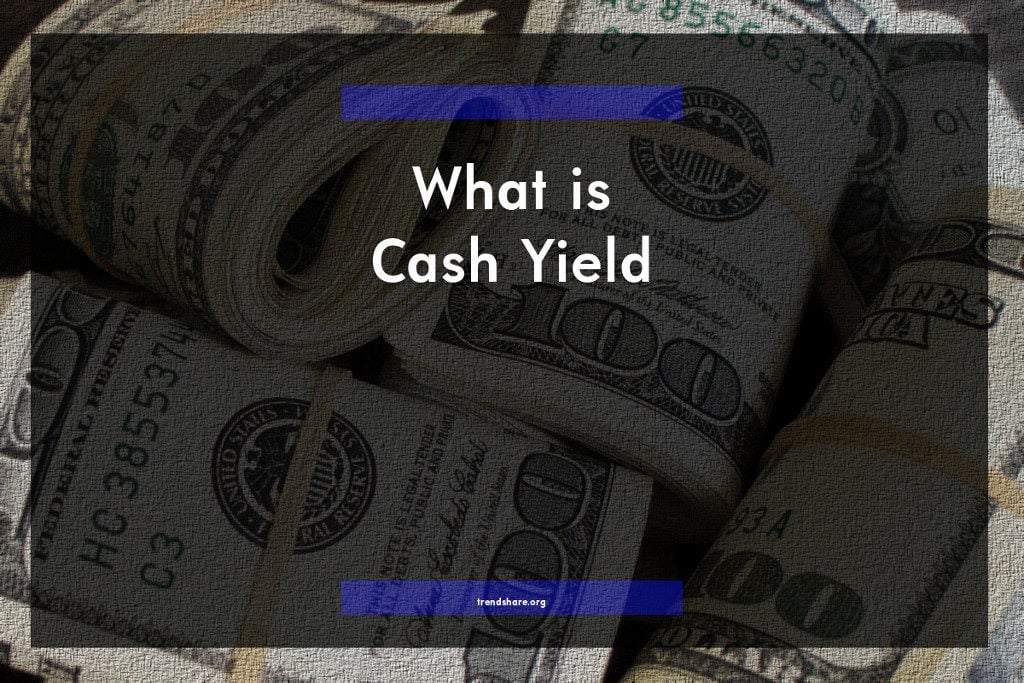
Cash Return - Cash-on-Cash Yield
Hi everyone… 3 round of posts with 1 / 3 value
And today we will talk about the term
Cash-on-Cash Yield
(cash-on-cash-return)
Or Hebrew - Cash Return (Cash Return on Cash?)
Well, suppose I understood ...
This is actually one of the basic calculation tools we use to calculate our return on investment, an investment that generates revenue.
To illustrate that it is never real, "cash on cash return" also refers to the total annual payments received from a company in which we invested (or a fund) to a share of the share price… .The result is a percentage.
Here's the formula:
Cash-on-Cash Yield = Annual Net Cash Flow / Invested Equity
And in fact an annual net flow per share of the equity invested
For example, if a home is bought at the price of 200,000 $ and generates a monthly income of 1,000 $, the annual cash return will be: 6% ($ 1000.00 * 12 / $ 200,000.00 = .06).
The cash return on cash has a number of limitations. The calculation may overstate the return if part of the distribution consists of “return on capital” (i.e., return on capital), rather than “return on capital,” as is often the case with fund income.
Also, it does not take taxes into account nor depreciation expenses.
Another example, since some investment groups invest in the form of a loan rather than capital, that is not the owner of the project company.
Suppose you invested $ 20,000, and the project pays $ 2,000 per year according to the following split: 1,500 interest and 500 return capital (return of principal).
Hence the cash yield will be 10% (2,000 divided into 20,000) but the actual yield will be 7.5% (1,500 divided into 20,000).
It is therefore important to understand and know every investment, from what is composed of annual / monthly cash flow.
The cash return measure of cash is often used in the real estate market when valuing commercial assets - especially those involving long-term loans.
Cash on cash can also be used to determine if the asset is underrated.
When the transaction also includes real estate debt (as is usually the case), the actual return on investment differs from the standard return on investment, the ROI which includes the total return on investment.
In the end, the cash return on cash simply measures the actual return on cash invested and indicates investment potential.
This attachment may have been removed or the person who shared it may not have permission to share it with you.
Link to the original post in the United States Real Estate Forum on Facebook - Works on a desktop computer (To view the post must be members approved for the forum):
http://bit.ly/2GEGaYR
The original responses to the post can be read at the bottom of the current post page on the site or in the link to a post on Facebook and of course you are invited to join the discussion






















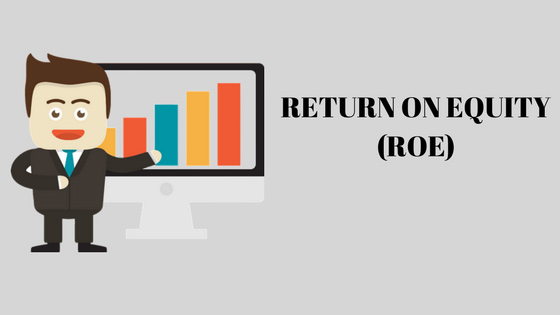









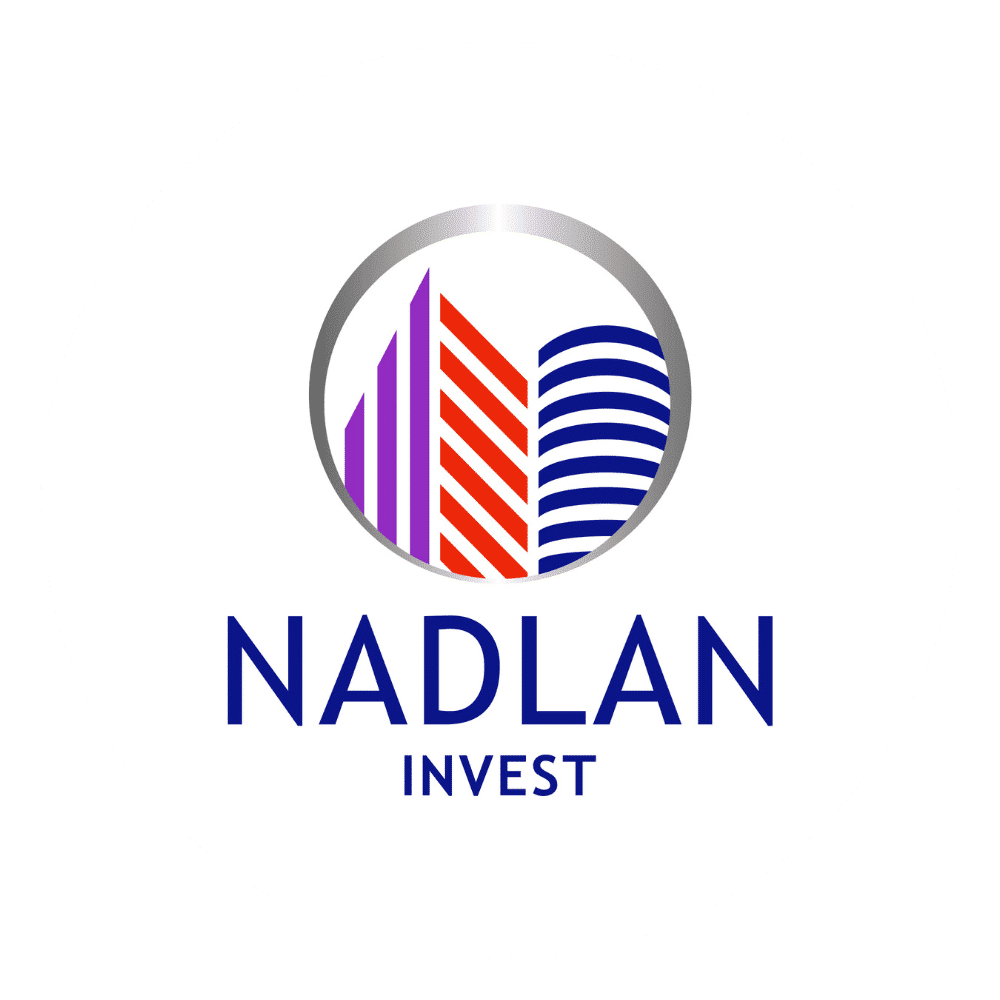


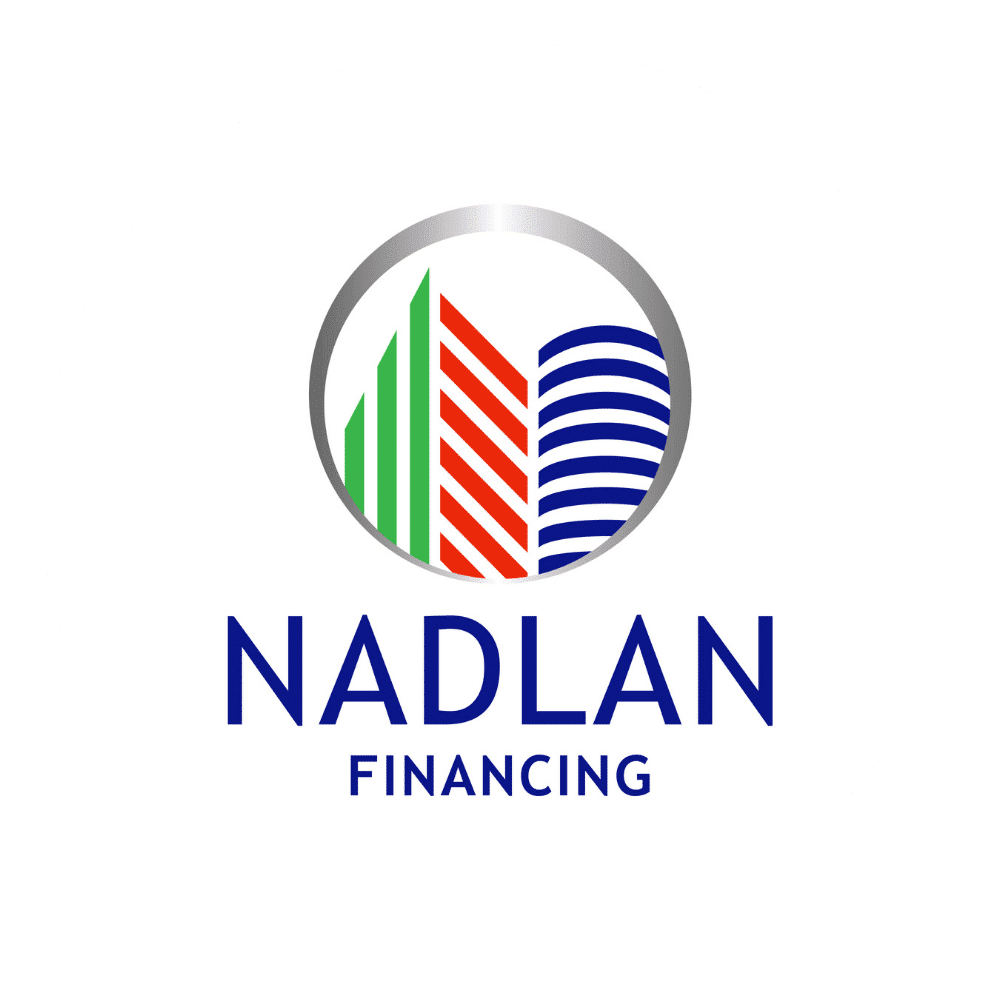


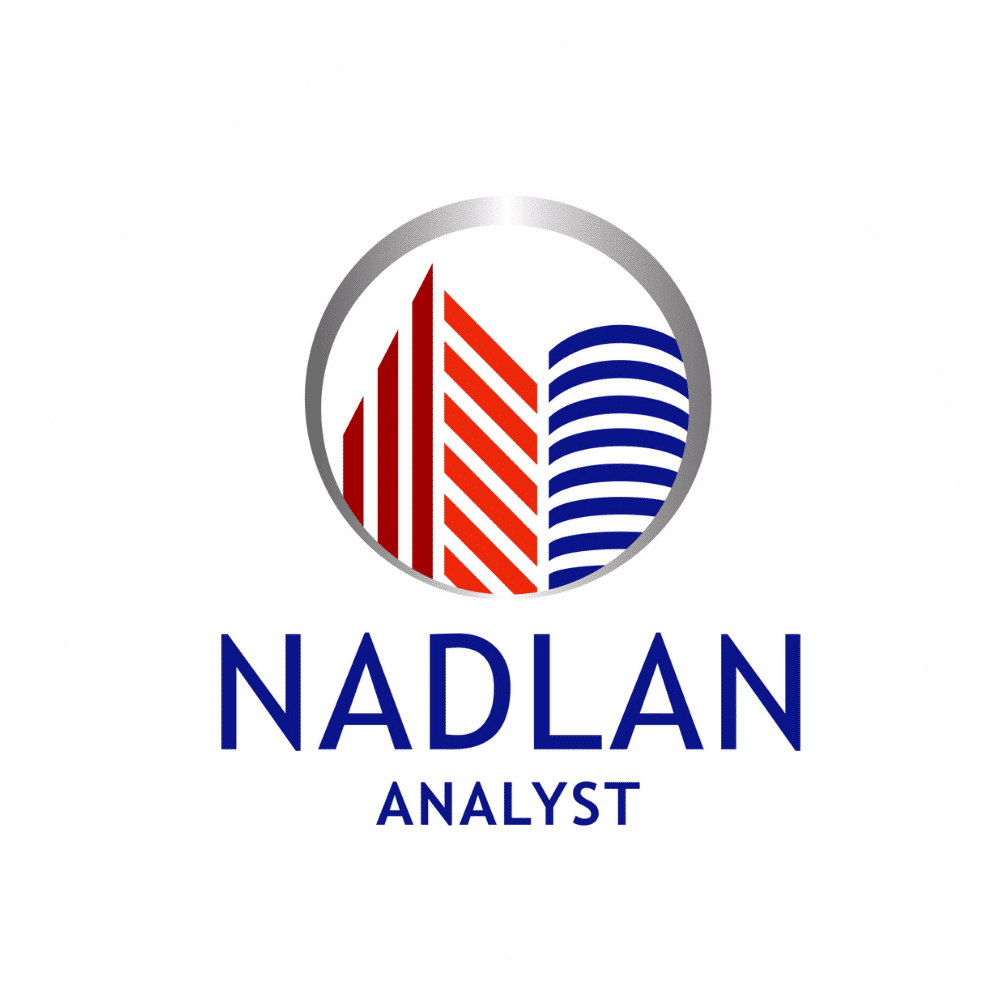
In the same context, how is an annual return calculated in an upgrade / flip transaction?
Achla Post is a very thoughtful term in the analysis of the deal. Very relevant to those who take a mortgage on the property or any investment that leverages. In a cash transaction, the cash on cash is the cash flow of the investment divided into shares.
In a property with a mortgage, let's say the property went up 100 and the investor there 20 then should be a percentage of Cash on Cash significantly higher than the return on the total investment if it was in cash as you noted.
There is another concept called infinite yield and derived from that and that is when you generate a flow without putting even a cent. Happens mostly when you pull the money out in Ripiens and with it buys another property without having to invest in and on which you generate income
A great article and explanation Thank you and will be continued